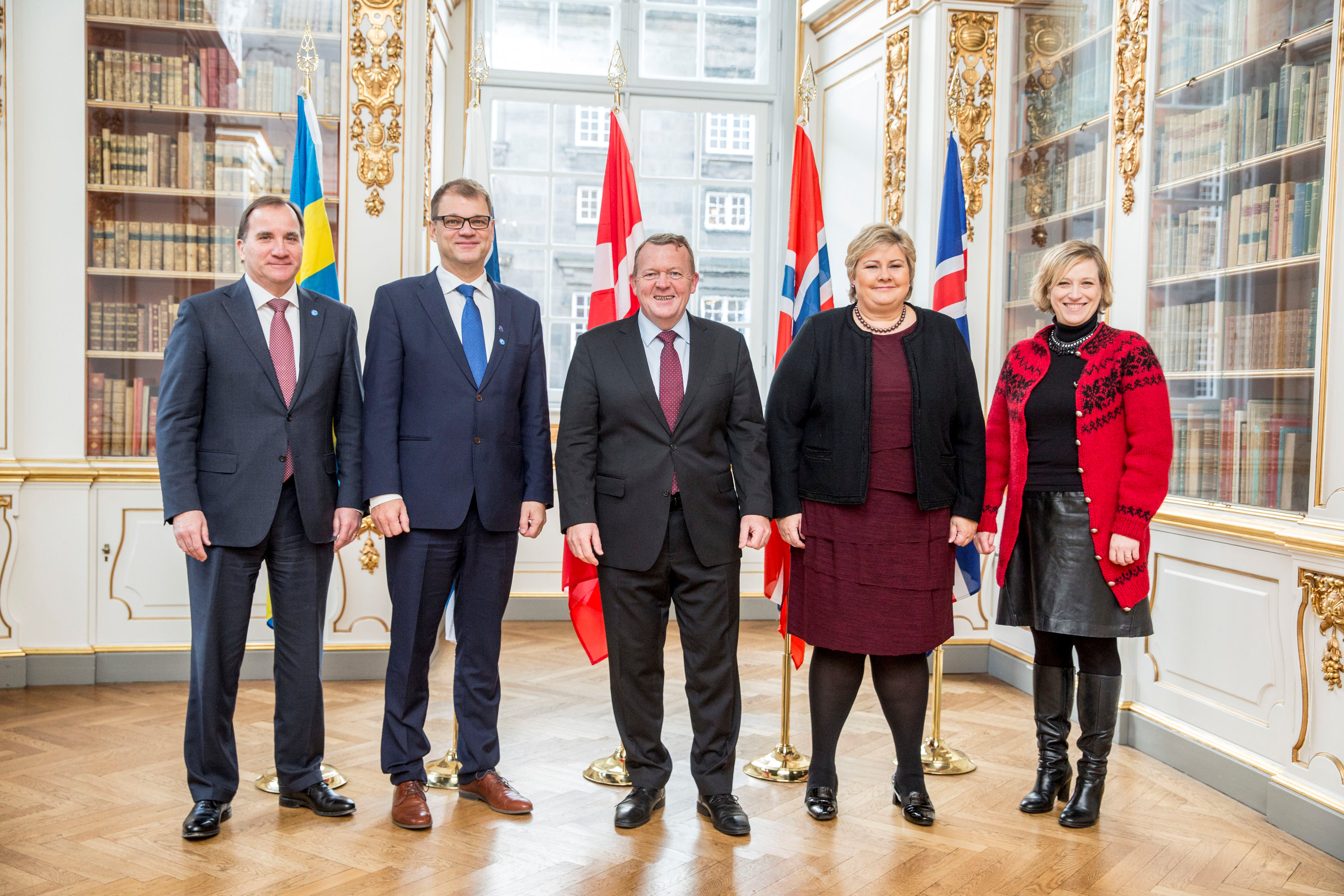More cross-border collaboration could benefit Europe’s far north

No-one looking at a map would argue that Scandinavia’s northern cap does not belong to Europe. Someone taking a blind taste-test of a number of parameters such as geography, demographics and a range of other factors, on the other hand, would be more likely to group the region with places like Canada and Australia.
It is for this reason that the OECD, a Paris-based intergovernmental think-tank, suggests in a forthcoming report that rather than looking to their capitals for help, local governments hoping to develop the region’s economy need to draw more inspiration from each other.
The review, which was commissioned by the Northern Sparsely Populated Areas Network, a Brussels-based lobby group for the region’s local governments, is to be published this March.
In the preliminary findings, released on Nov. 30, the OECD acknowledges that cross-border collaboration of the sort it recommends does exist, but not at a level that is sufficient to meet the challenges the region faces or to pressure decision makers in national capitals and Brussels.
“As a result, there is a lack of collective approach amongst the NSPA regions to influence the sectoral policies of the national governments,” the findings state.
The North is, by definition almost, at Europe’s fringe. Politically, the increasing strategic importance of the region means this matters less than it once did. Economically, on the other hand, the region remains far from its markets. Other factors, including low population density and below-average productivity, also place it at a disadvantage compared with other regions, the OECD concludes.
Another concern is that communities in the region often rely on a single natural resource, be it fish, minerals, tourism or the like, as the source of most economic activity. This is not all negative, the report points out, since such resources cannot be packed up and moved someplace else.
Even so, the OECD recommends that regional authorities should look to things like educational policy and innovation in order to ensure that such industries remain viable.
In addition to recommending that local governments help themselves by co-operating more closely with each other and with regional groups such as the Nordic Council and the Barents Euro-Arctic Council, the OECD also recommends they work to make sure that Brussels and national capitals remain aware of the challenges the region faces.
“This is very important since it tells us we can’t just lobby the EU. We need to to things better on our own as well,” says Kari Aalto, the head of the East and North Finland EU Office, which represents the region in Brussels.
Other recommendations, including efforts at the regional, national and European level to improve transport ties between northern and southern regions sound familiar, admits Trond Haukanes, the head of the North Norway European Office, another regional office in Brussels. But, he believes part of the report’s value is in the repetition.
“What they say isn’t surprising, but hearing it again makes people aware of the need do something. Our economy is good now but what we have won’t last forever.”